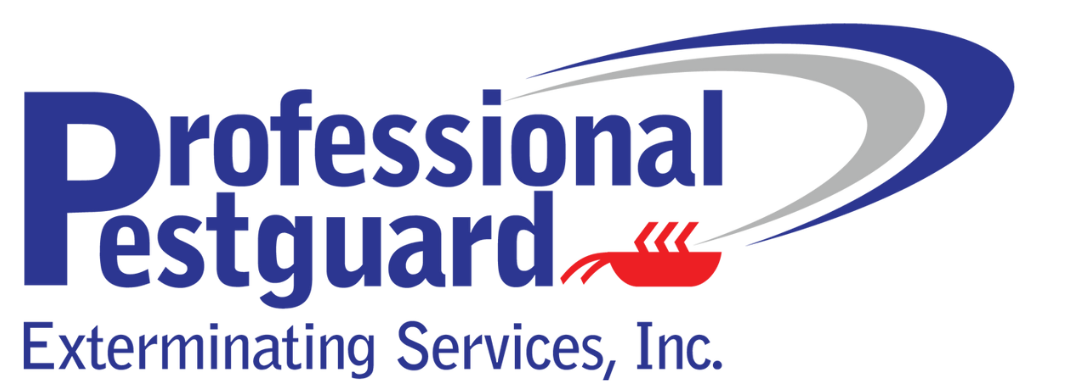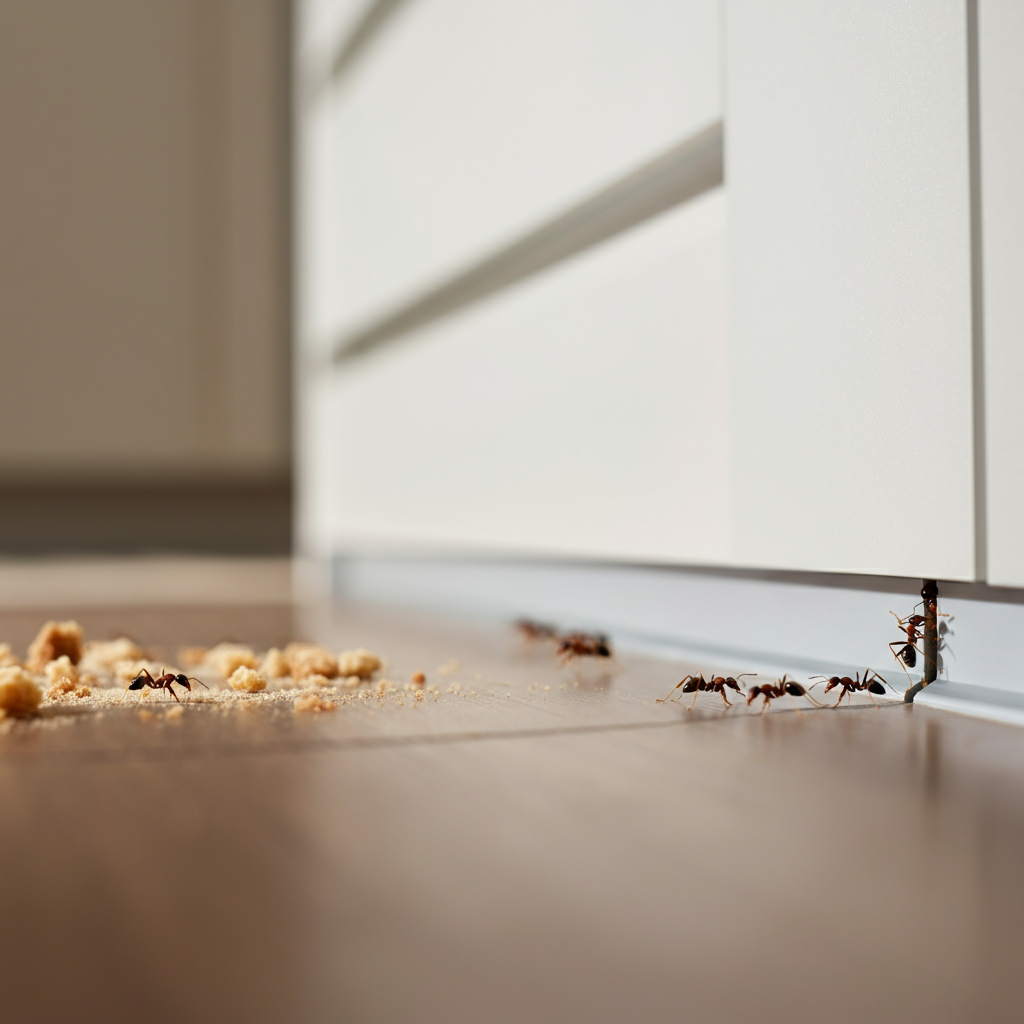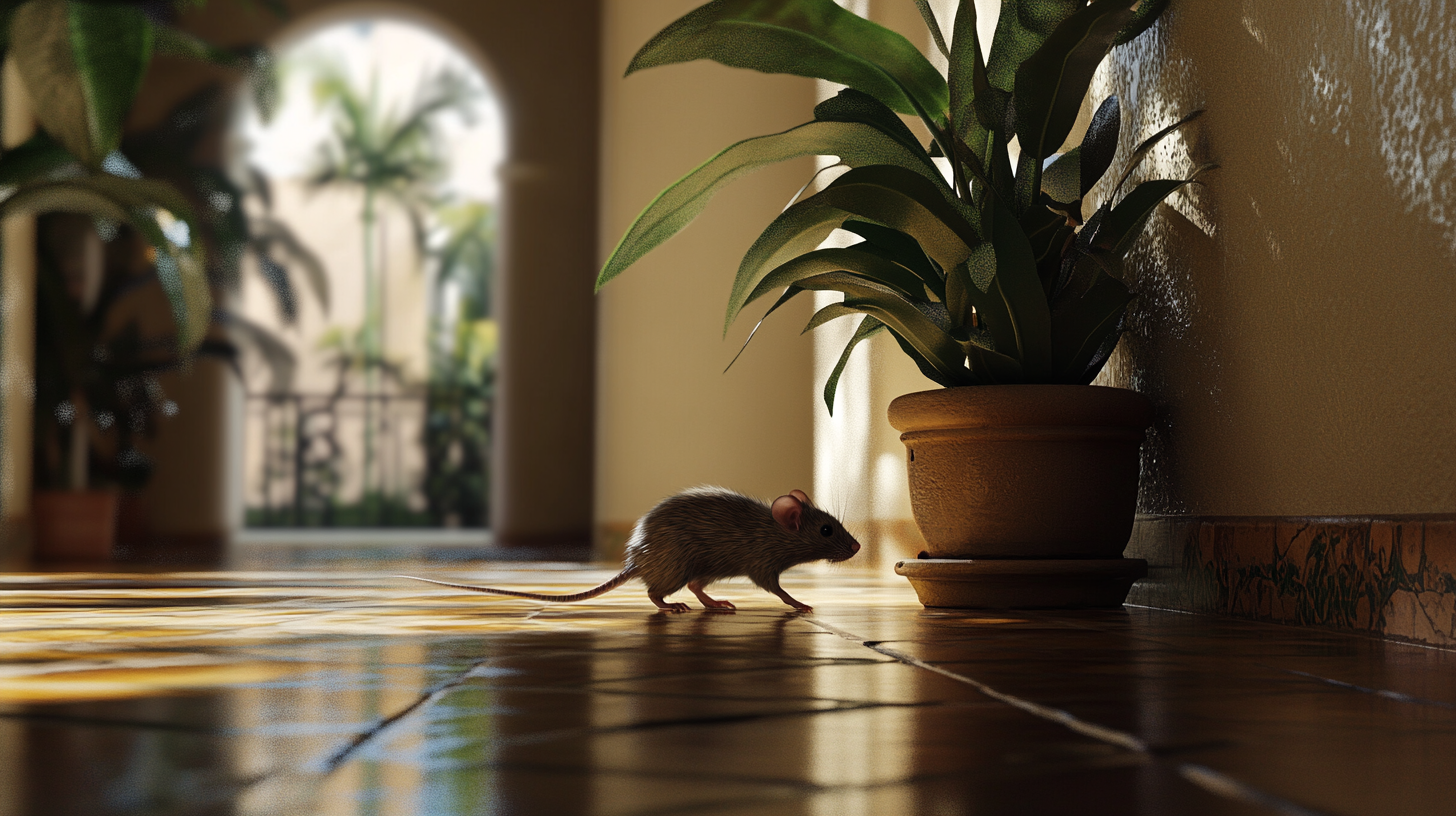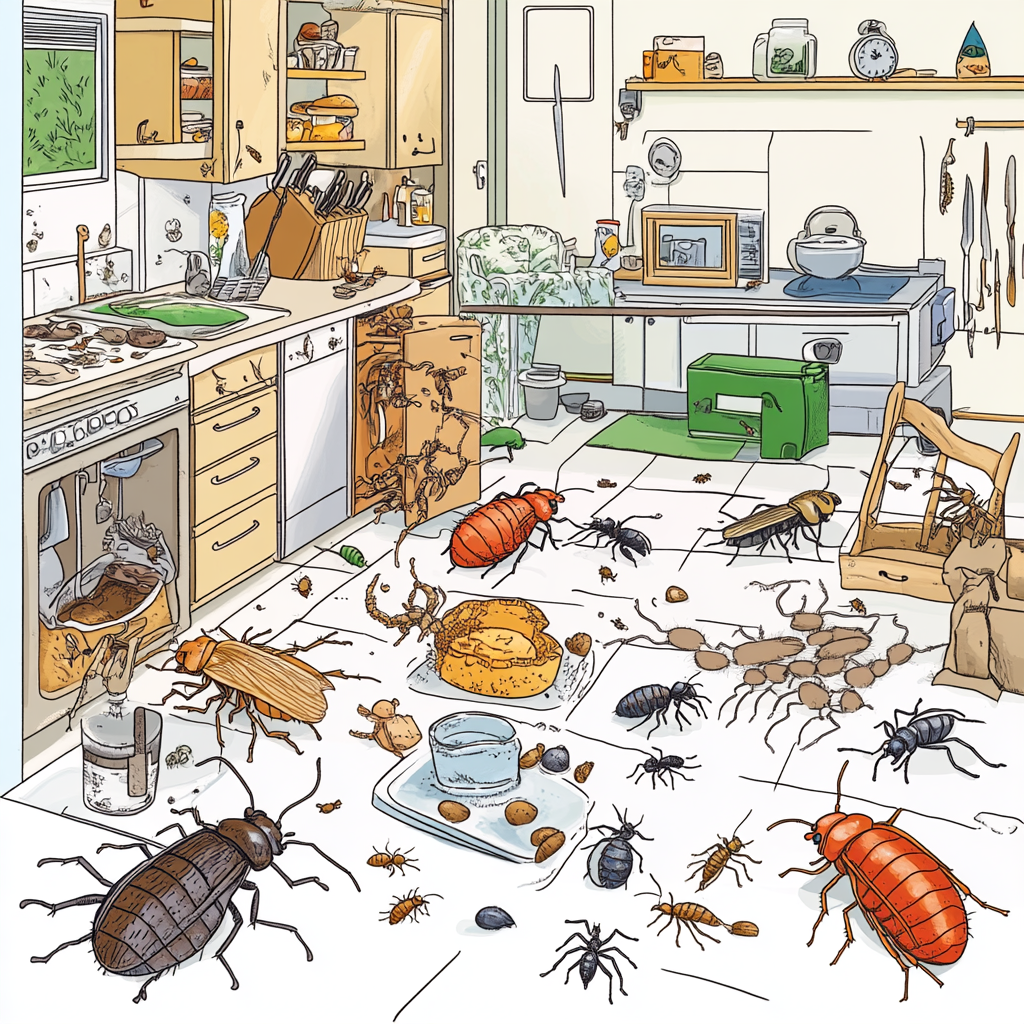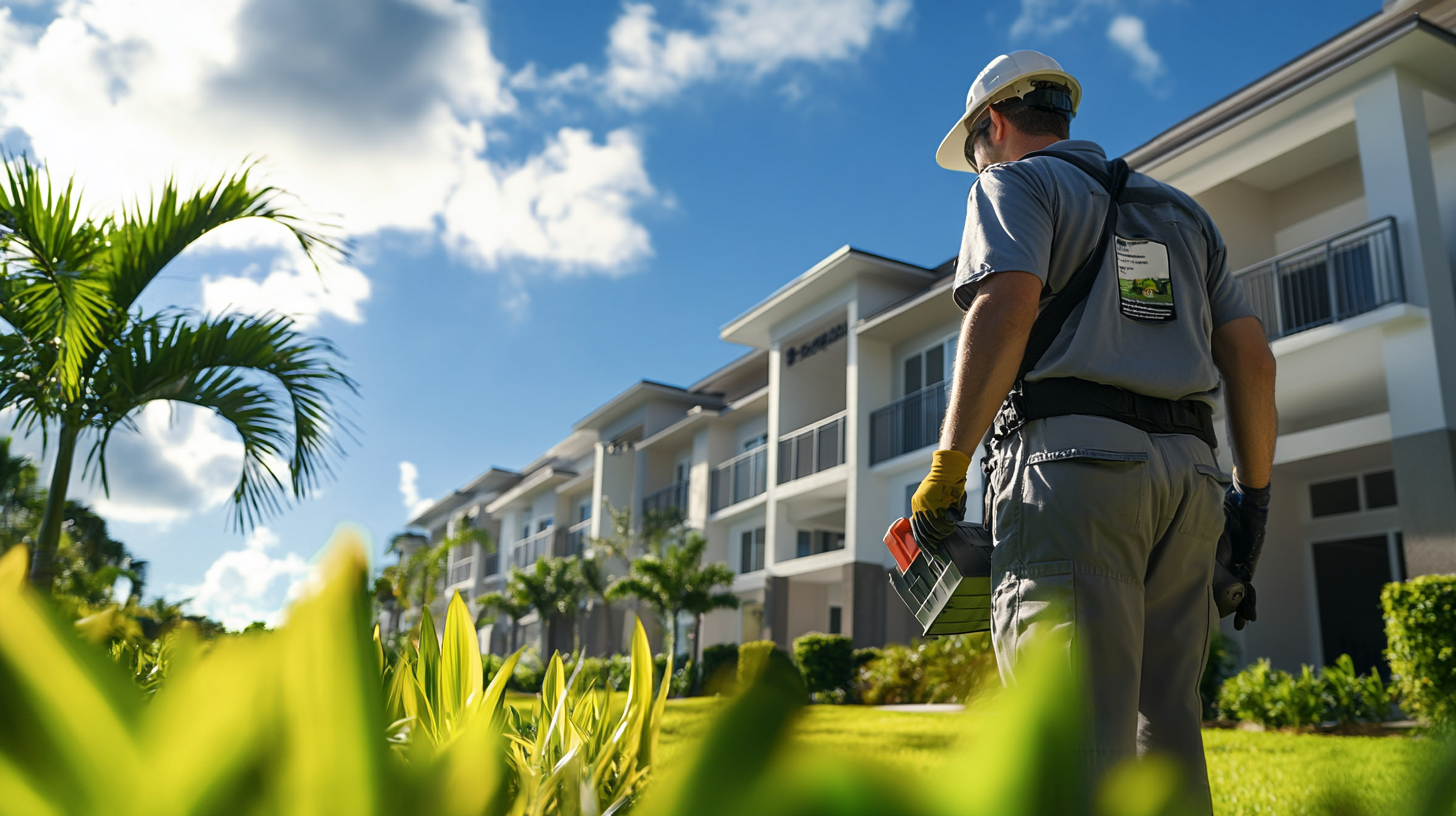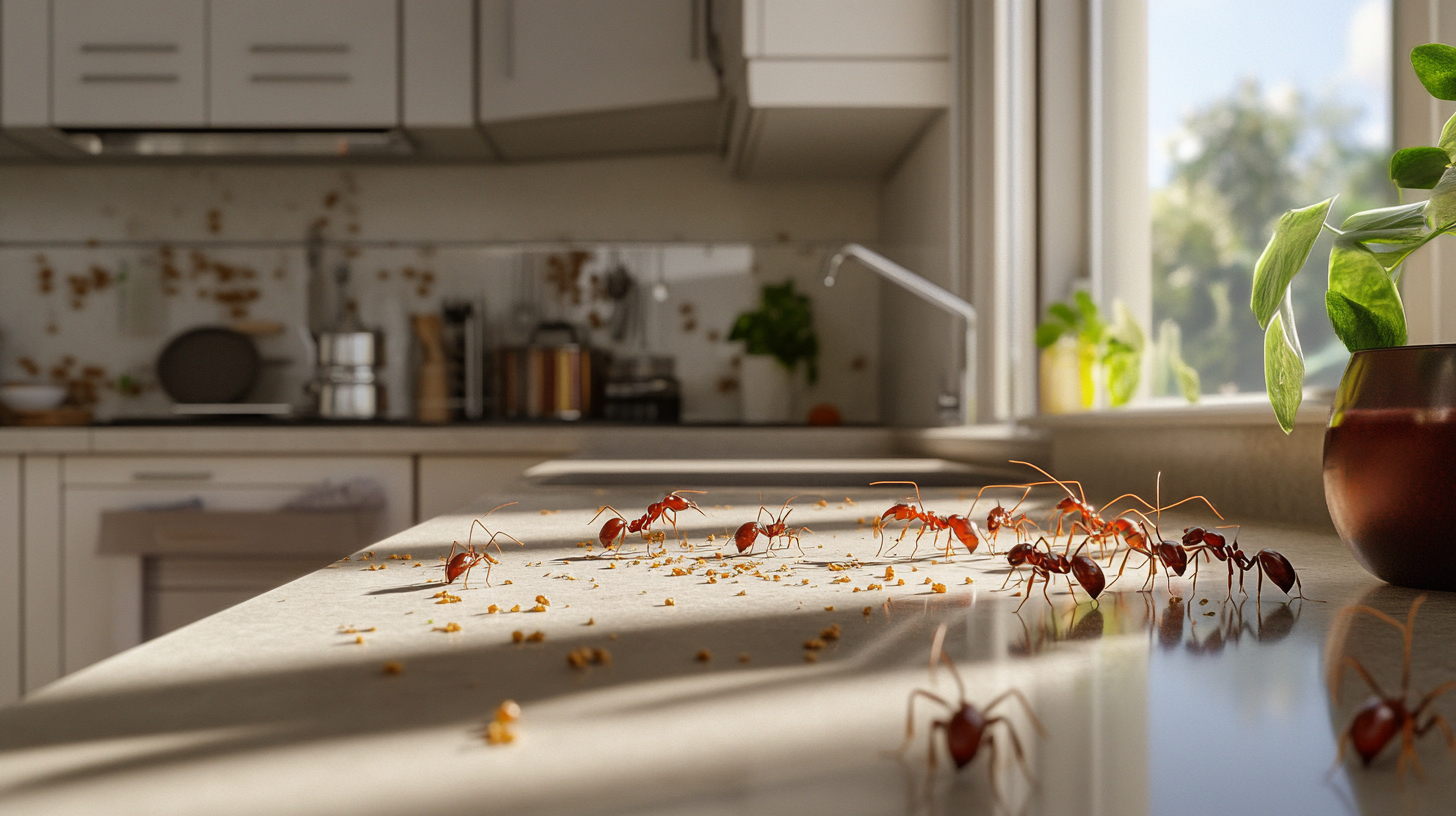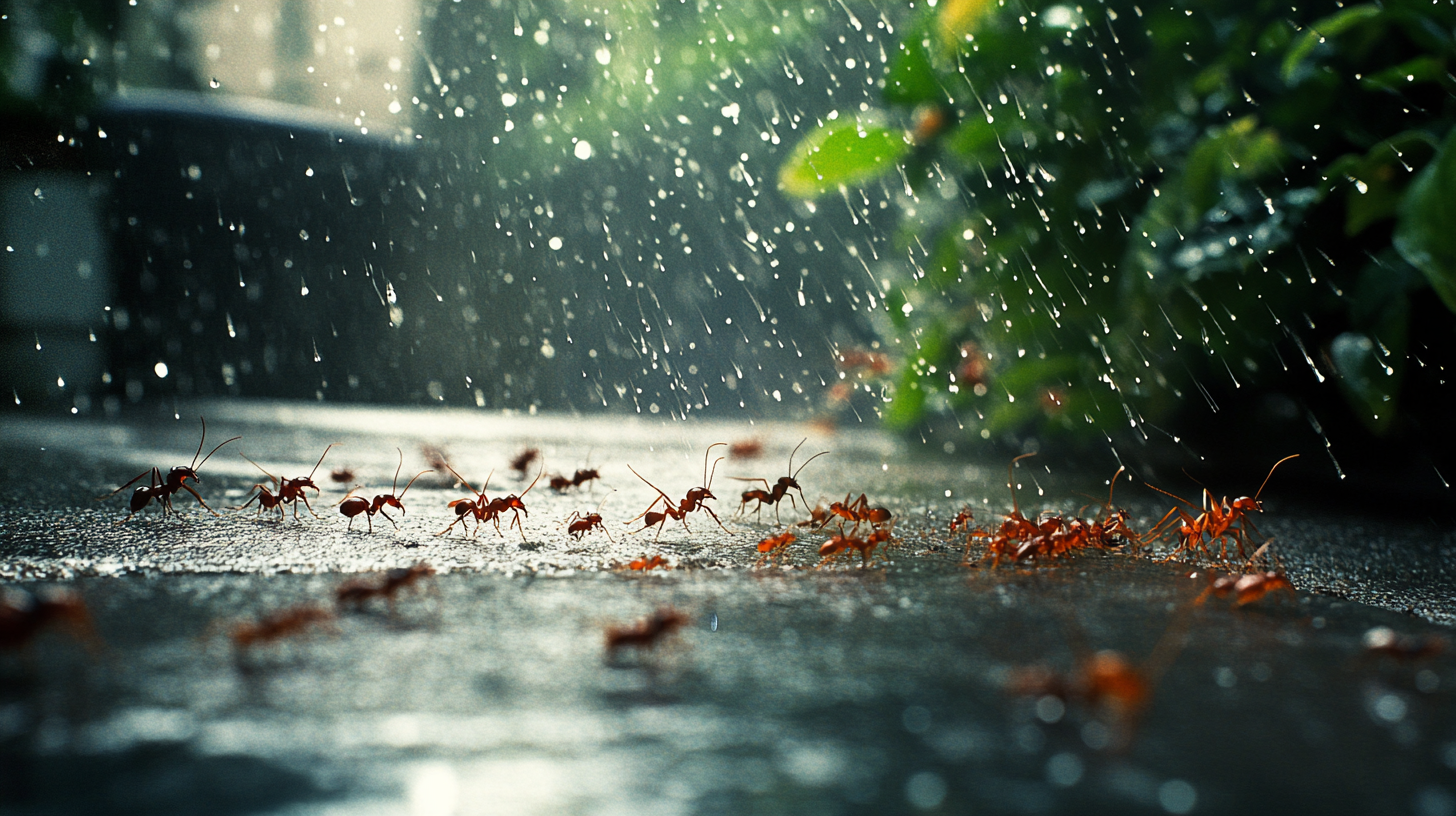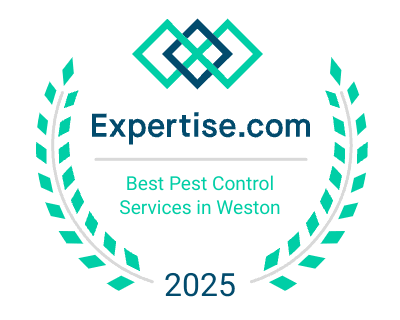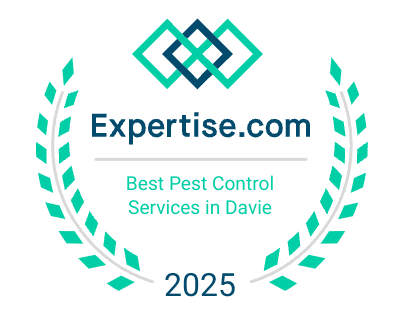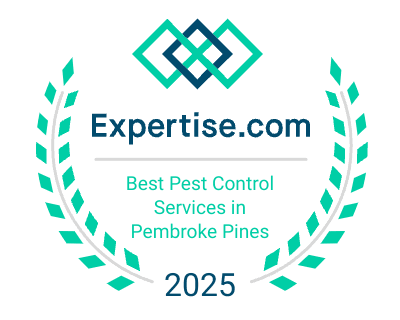The Importance of Pest Control on Real Estate Property
Pest control is crucial for maintaining real estate properties. Pests can cause significant damage to buildings. They pose health risks and can deter potential buyers or tenants.
Addressing infestations promptly saves money in the long run. Routine inspections and effective pest management protect property value.
Safe and clean living environments attract quality tenants. For property owners, taking pest control seriously ensures long-term success.
Neglecting this critical aspect can lead to costly repairs and loss of reputation. In this blog, we will discuss the importance of pest control on real estate property and how it benefits both property owners and tenants.
Why Pest Control is Crucial for Real Estate Investors
Here are several reasons why maintaining a robust pest management plan is indispensable:
Protect Property Value and Avoid Costly Repairs
Neglecting pest control can lead to significant structural damage. Cockroaches, for instance, can chew through electrical wiring, causing fires. Rodents can also gnaw on wires and damage insulation, leading to potential hazards.
- Structural Damage: Carpenter ants, and rodents can weaken building integrity.
- Financial Burden: Infestations can lead to expensive repairs and maintenance costs.
Improve Health and Safety Standards
Pests carry diseases that can pose serious health risks. Ensuring properties are pest-free enhances safety for all occupants.
- Health Risks: Rodents, cockroaches, and other pests can spread diseases like salmonella and hantavirus.
- Tenant Well-being: A pest-free environment promotes a healthier, more comfortable living space.
Attract Quality Tenants
A well-maintained property with effective pest control measures is more appealing to potential tenants. Quality tenants are more likely to seek out properties that are clean and well-cared-for.
- Tenant Retention: Safe and clean properties encourage long-term tenancy.
- Enhanced Reputation: Positive tenant reports can improve property reputation and desirability.
Common Pests and Their Impact on Properties
Rodents
Rodents, such as mice and rats, are notorious for causing extensive damage and posing health risks. These creatures can infiltrate properties through tiny gaps and quickly reproduce, escalating the problem.
- Damage to Property: Rodents gnaw on wood, insulation, and wires, which can lead to structural damage and fire hazards.
- Health Concerns: They are carriers of diseases such as hantavirus and leptospirosis, posing significant health threats to occupants.
- Prevention Tips: Seal all entry points and keep the property clean to deter rodents.
Cockroaches
Cockroaches are resilient pests that can survive in harsh conditions and are often indicators of unclean environments.
- Health Risks: They are known to spread diseases like salmonella and can exacerbate allergies and asthma.
- Impact on Reputation: Presence of cockroaches can harm the property's image and deter potential tenants or buyers.
- Control Measures: Regular cleaning, proper food storage, and routine inspections are crucial in keeping cockroaches at bay.
Ants
Ant infestations, while often considered minor, can quickly become a significant nuisance if left unaddressed.
- Structural Impact: Some ant species can undermine the building's foundation by nesting in wood and soil.
- Tenant Discomfort: Ants can invade food supplies, leading to unsanitary conditions.
- Management Strategies: Address moisture issues, seal cracks, and employ professional pest control services.
Economic and Health Consequences of Neglecting Pest Control
Neglecting pest control can have severe financial and health repercussions for property owners and tenants. Immediate and proactive measures are crucial to mitigate these risks effectively.
Economic Impact
The costs associated with uncontrolled pest infestations extend beyond simple repairs. Often, these expenses can cripple property value, affecting rental income and overall profitability.
- Loss of Property Value: Pest damage can lead to significant depreciation.
- Increased Maintenance Costs: Continuous infestations demand frequent repairs and pest management services.
- Reduced Tenant Satisfaction: Unhappy tenants may leave, resulting in increased vacancy rates and turnover costs.
Health Implications
The health of tenants is paramount. Pests can introduce a multitude of allergens, toxins, and diseases into the living environment, jeopardizing tenant well-being.
- Disease Transmission: Pests like rodents and cockroaches are known to carry diseases such as salmonella, hantavirus, and leptospirosis.
- Allergies and Asthma: Cockroach droppings and rodent dander are significant allergens and can exacerbate respiratory conditions.
- Mental Stress: The presence of pests can cause anxiety and distress for many tenants.
Best Practices for Integrating Pest Control into Property Management
Implementing effective pest control measures is essential for property management. A thorough, proactive approach ensures not only the safety and satisfaction of tenants but also the sustained value of the property. Here are some best practices to consider:
Regular Inspections and Monitoring
Frequent inspections are key to early detection and prevention of pest infestations. Schedule routine checks to identify potential entry points and signs of pests.
- Scheduled Inspections: Conduct quarterly inspections of all units and common areas.
- Use of Technology: Employ monitoring tools like motion sensors and smart traps to detect rodent activity.
Integrated Pest Management (IPM)
Integrated Pest Management (IPM) is a holistic approach that combines different strategies and practices to control pests sustainably.
- Prevention: Reduce moisture and eliminate food sources.
- Control Methods: Utilize traps, baits, and application treatments.
- Least Harmful Solutions: Prioritize environmentally friendly and safe pest control solutions.
Collaboration with Professional Pest Control Services
Partnering with experienced pest control professionals ensures effective and efficient management of infestations.
- Expert Assistance: Hire certified pest control companies for thorough inspections and treatments.
- Customized Plans: Develop tailored pest control plans based on the property's specific needs and challenges.
Tenant Education and Engagement
Educate tenants on the importance of reporting pest sightings and maintaining clean living spaces. Engaged tenants contribute to a more effective pest management strategy.
- Informative Workshops: Host workshops to educate tenants about pest prevention.
- Communication Channels: Set up a system for tenants to report pest issues promptly.
Documentation and Record Keeping
Maintaining detailed records of pest control activities helps track progress and identify patterns over time.
- Log Entries: Keep a log of all inspections, treatments, and tenant complaints.
- Data Analysis: Use the recorded data to adjust pest control strategies and address recurring issues.
Are you ready to safeguard your investment from pests?
In the competitive world of real estate investment, maintaining the value and desirability of properties is paramount. Pest control plays a critical role in achieving this goal.
Effective pest control is not just a reactive measure; it's a proactive strategy that adds value to your real estate portfolio.
Take action today to protect your investment and ensure long-term success in the real estate market.
